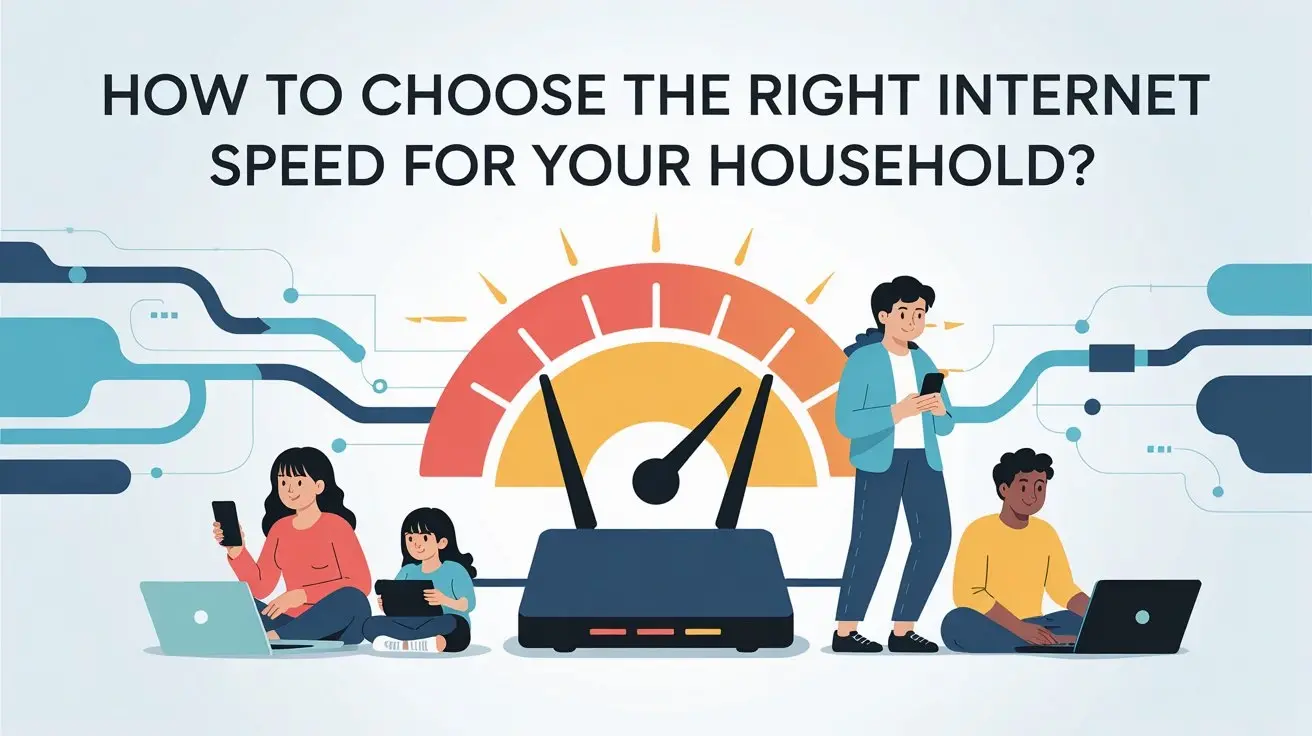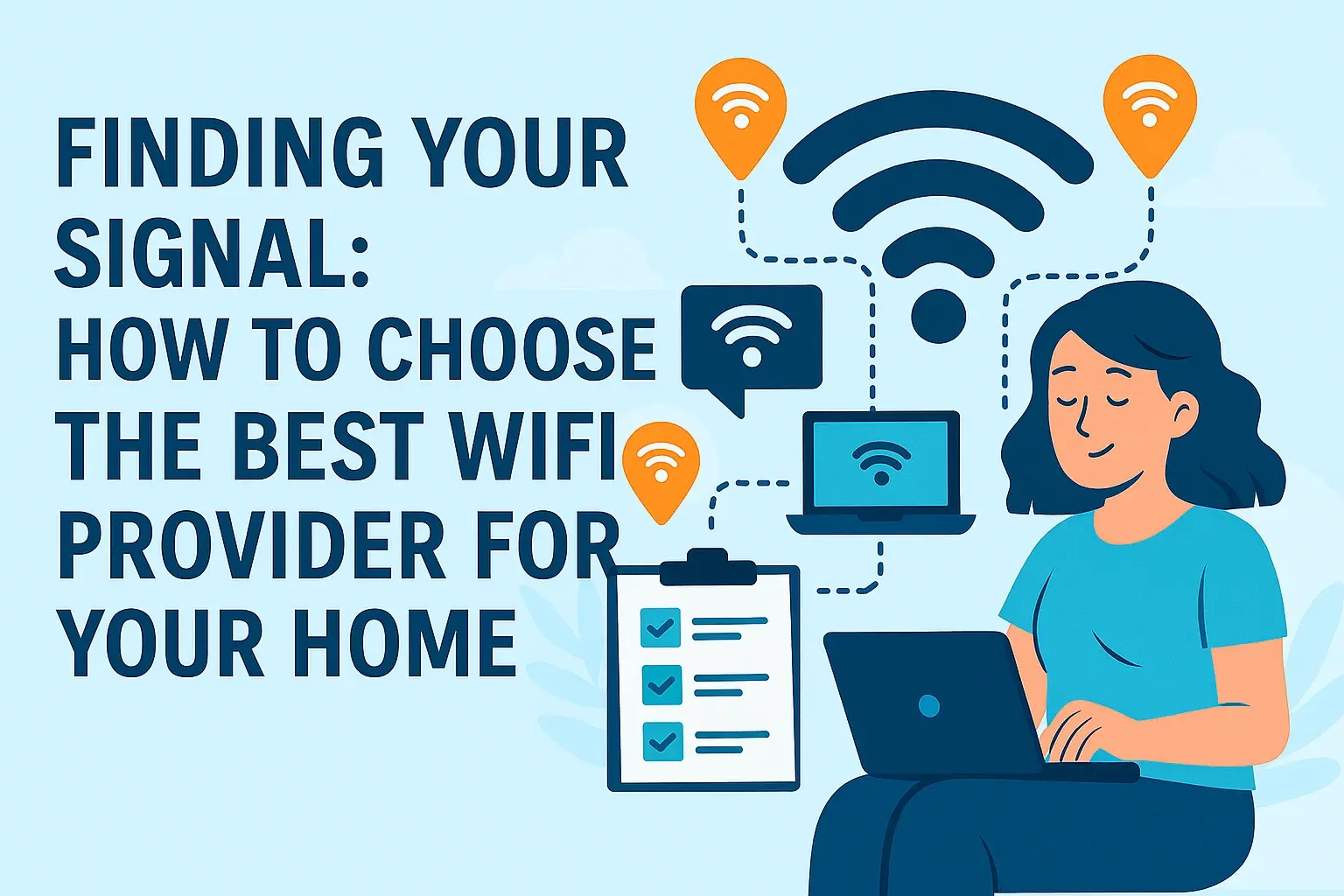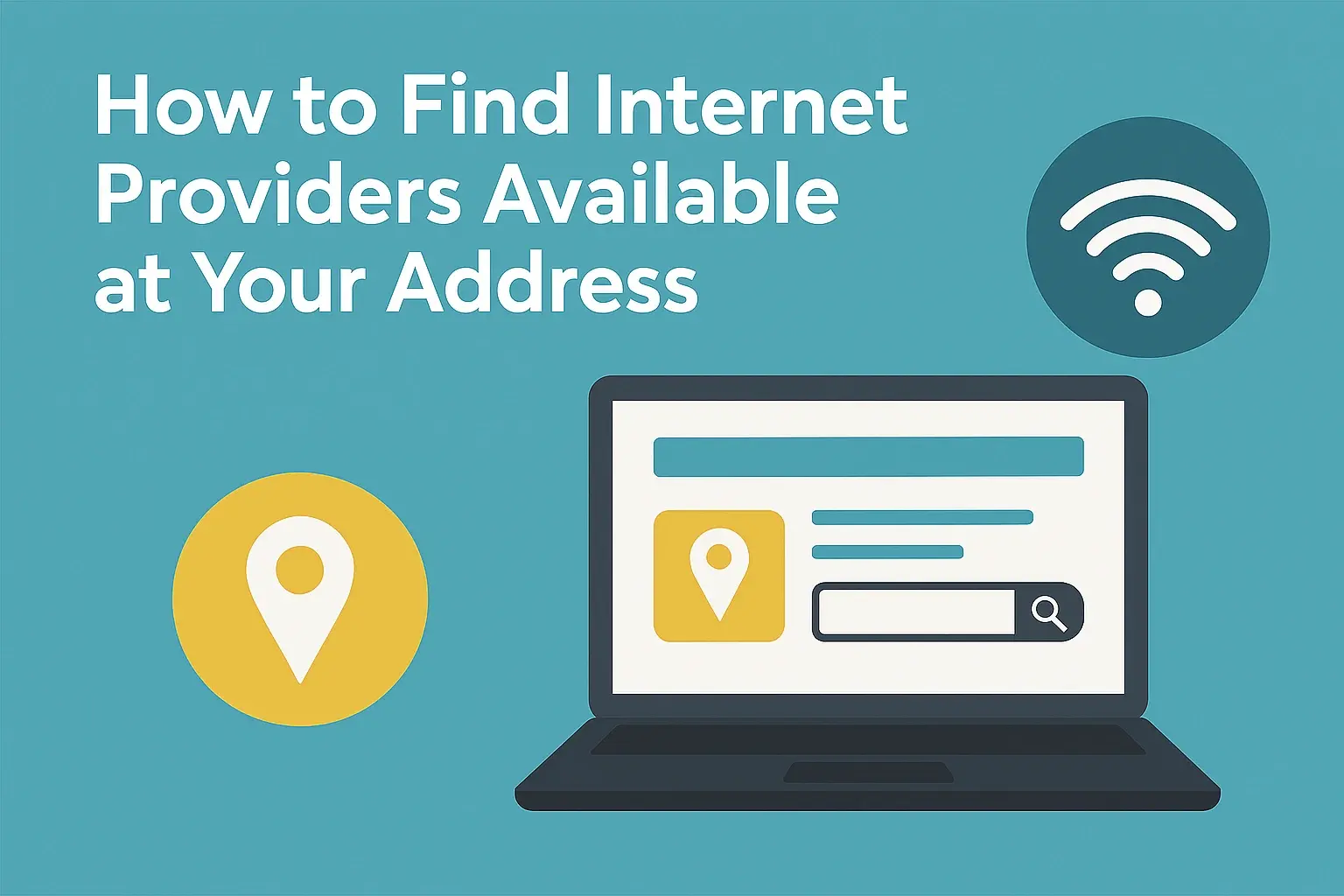
Broadband connectivity has become part of the basic needs that every household requires in the United States. Internet has become the most essential utility, used for work, fun, smart home devices, and in many other spheres. However, it has been established that different internet service providers (ISPs) do not offer the same internet speed. Hence, if you are interested in the fastest internet connection, you must consider several key factors. Below is a brief description of the most affordable broadband connections in the United States, sorted by speed.
Essentials of the Internet Service Provider (ISP) Connection Speed
There are a few key factors that determine how fast an internet provider’s speeds are:
- Connection Type – As a rule, fiber optic and cable internet connections will provide higher download and/or upload velocities than DSL, fixed wireless, or satellite. Out of all the connection types, fiber is the fastest and is currently the most accessible to most customers.
- Bandwidth Capacity - This means the actual amount of bandwidth that is currently available in a specific provider’s network. Additional capacity may allow one to increase the bandwidth even if there is a traffic jam at certain periods of the day.
- Infrastructure – cable and active fiber technologies like DOCSIS 3.1 and other advances in the current network architecture allow for faster speeds. For comparison, legacy DSL networks are dramatically slower.
- Bandwidth Contention – As noticed during peak usage hours, the available network may be congested leading to a slowdown. Additional capacity and efficient traffic management means therefore that there is less crowding.
The Major Internet Players
The large national ISPs can often have large amounts of infrastructure and bandwidth which makes it possible for them to provide some of the highest speed tiers. However, the speed that you enjoy depends on some factors about your geographical location. Despite this, smaller providers that operate locally also often embark on investing in advanced networks to offer a competitive advantage based on speed.
Here is an overview of the major ISPs and their speed capabilities:
Verizon Fios
For instance, Verizon Fios has stable internet speeds as it supplies low-latency fiber optic connectivity directly to homes and apartments. They currently provide speeds up to 940 Mbps in most areas. Verizon Fios is also highly regarded by consumers with high satisfaction scores owing to the reliability of the service.
Xfinity
Comcast Xfinity uses cable and fiber lines for its internet services with speeds going up to 1.2 Gbps if they have Comcast fiber connections. Nevertheless, customers have raised questions over the reliability of attaining the stated maximum speeds. As a whole, Xfinity continues to be a reliable provider of internet at high speeds for its customers.
AT&T Internet
AT&T offers DSL at a basic broadband connection much across the country and fiber optics at very fast connection up to one Gbps in many metro regions. With www.att.com, it’s clear that speed availability is greatly influenced by your geographical location. However, if available, AT&T has a great fiber connection among other high-speed internet service providers.
Spectrum
Spectrum mostly relies on cable internet connections, and the use of DOCSIS 3.1 makes it deliver speeds of up to 940 Mbps. Spectrum cable internet is fast but can be a bit unreasonable during peak congestion times which can slightly slow down the connection.
Optimum
Currently, Optimum provides cable and fiber connection services and allows users to connect at much faster speeds of up to 1 gig in some areas. Nevertheless, like most cable providers, the firm is faced with one major problem; the irregularity of speed delivery particularly at peak traffic times. However, this is only possible under the right conditions and with Optimum internet speed being some of the fastest in the market.
Regional ISPs
It is also important to note that while the industry is dominated by several large national players, there are numerous outstanding regional and local ISPs, who are also deploying highly developed fiber and wireless platforms. The speed at which these networks operate can be as fast as and even surpass that of national telecommunications companies. A few standouts include:
- Allo Communications – internet up to 10 Gbps in Nebraska and Colorado
- C Spire Fiber – Fast downstream connection with maximum fiber speeds of up to 1 Gbps concentrated in Mississippi.
- Hotwire –max speeds of up to 10Gbps that use fiber technology in Pennsylvania, North Carolina, Michigan, and Indiana.
- MUS Fiber – This is a fiber-optic network that was created to provide Missouri cities and towns with connection speeds up to 10 Gbps.
- Rocket Fiber – New fiber broadband connection that can provide up to 1Gbps in Detroit, MI.
Satellite & fixed wireless should be used with caution.
Rural fixed wireless and satellite internet cannot offer the same internet speeds as fiber and cable. Satellites are disadvantageous in that it is slow to communicate because signals need to cover the vast distance to satellites in space. Mr. Dudley stated that there is a problem in achieving high-speed broadband in fixed wireless due to the limitations of the spectrum. As is usually the case, you will typically see these technologies peaking at around 100 Mbps.
Factors Impacting Speed
While the ISPs above market ultrafast speed tiers realize that several factors influence your real-world speeds:
- Cyberspeed Extortion – Some ISPs deliberately limit the speeds through the policies placed on the networks until clients are forced to pay additional monthly charges. This affects the ‘throughput’ rates that you experience daily.
- Location Variances - Much as infrastructure and technology are remarkable, their enhancements are not unique. Therefore, the available speeds depend on your location, and you can find out the actual speeds by looking at a specific address.
- WiFi Bottlenecks – New generation mesh routers, WiFi 6 and 6E are required to optimally use gigabit+ speeds.
- Connections To Devices – Every other device connected to the network takes a chunk of your total bandwidth, hence slowing the overall speed. Cable connections, especially Ethernet cables, are the quickest internet connection.
Fiber optic internet does provide a huge speed advantage over older forms of internet connection. If there are gigabit fiber connections from any ISP in your region, then it is probably the fastest connection type for you. Several websites provide information on availability that you can use in comparing the options within your address before choosing your next internet service provider. Of course, you should always pay attention to the small print when it comes to advertised speeds too as the actual speeds that you will be getting might not be up to par with those indicated.
Ready to experience fast, reliable internet? Call us now at (855) 210-8090 to find the best internet service providers near you. Don't miss out on incredible speeds and exceptional service—contact us today!
Read More:
What Is the Best Internet Provider in Seattle?
How To Find the Best Internet Provider?
Is Comcast the Best Internet Provider?
Is Verizon the Best Internet Provider?
What Are the Best Satellite Internet Providers?






